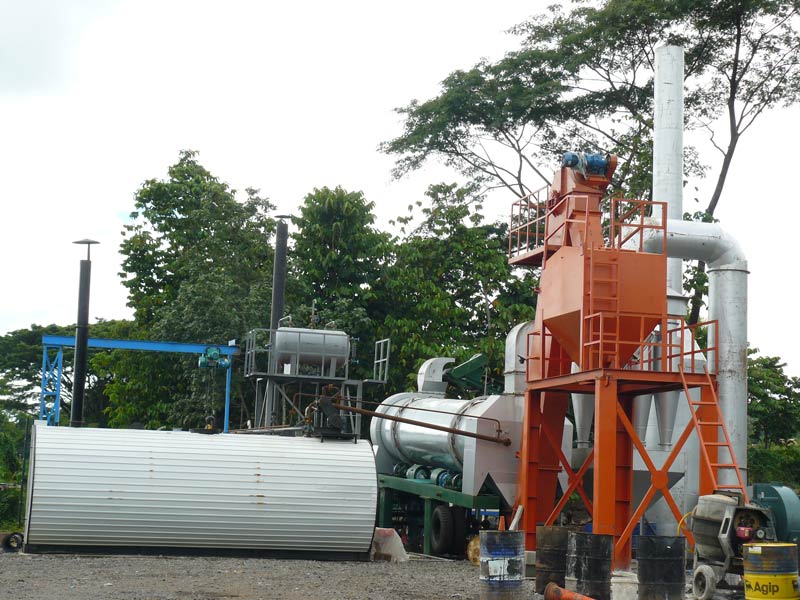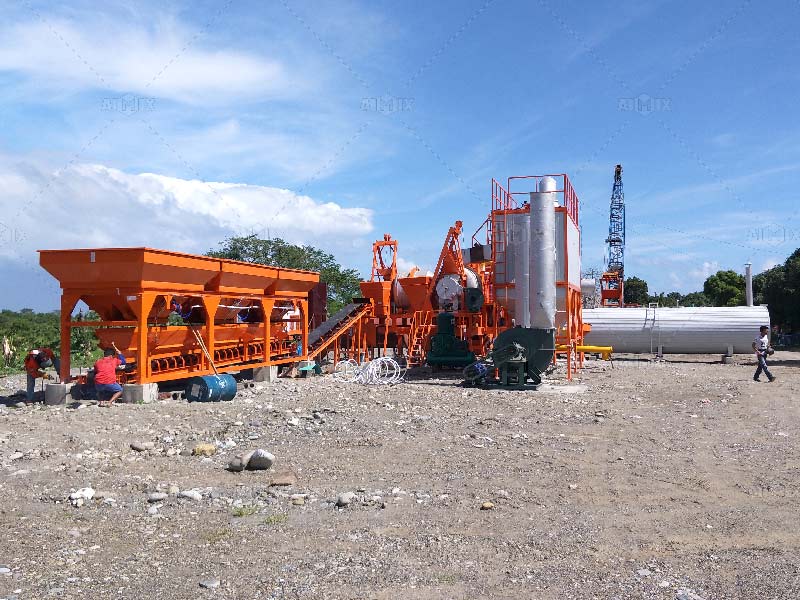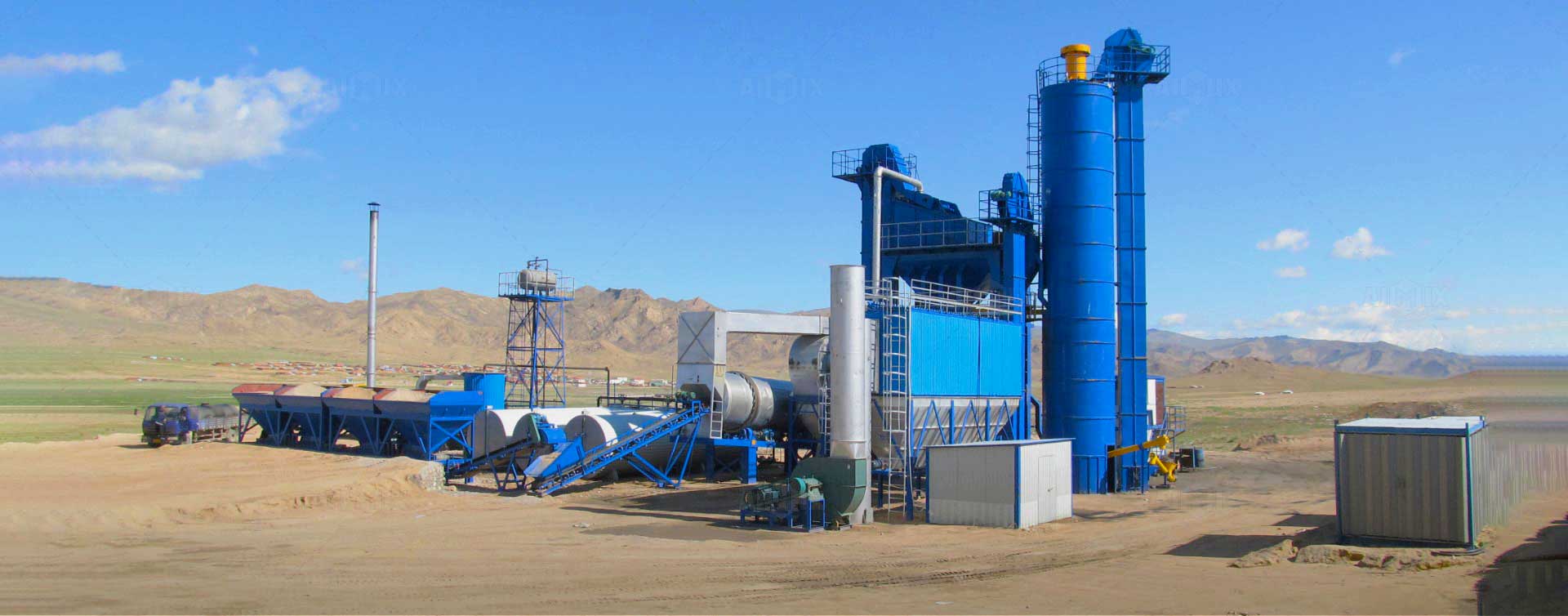Continuous asphalt plants and asphalt batch plants are two distinct types of facilities used for asphalt production, each offering unique advantages depending on specific project requirements and operational preferences. Understanding the differences between these two plant types is essential for making informed decisions when considering an asphalt plant for sale. Here, we delve into the key differentiators between the two to provide clarity on their functionalities and applications.
The Operating Process and Workflow
Continuous Asphalt Plant
A continuous asphalt plant operates seamlessly, without interruption, allowing for the continuous production of asphalt. The raw materials are fed into the system continuously, and the process involves a constant flow of aggregates and bitumen through the system. This uninterrupted operation ensures a steady output of asphalt, making it ideal for large-scale projects with high demand and stringent timelines.
Asphalt Batch Plant
On the other hand, an asphalt batch plant functions by producing asphalt in batches. The raw materials are pre-processed and then fed into the system in predetermined quantities. The production process occurs in discrete steps, allowing for greater flexibility in terms of recipe changes and mix design alterations. Drum mix asphalt plants(plantas de asfalto de tambor) fall under this category, wherein the drying and mixing of aggregates and bitumen occur in a single drum, making it a more compact and efficient solution for smaller-scale operations.
Production Capacity and Flexibility
Continuous Asphalt Plant
While a continuous asphalt plant ensures a constant and high production capacity, it may offer limited flexibility in terms of mix customization during the production process. However, its consistent output makes it an excellent choice for projects requiring large volumes of standard-grade asphalt within a short timeframe.
Asphalt Batch Plant
Conversely, an asphalt batch plant(planta de asfalto de lotes) allows for greater flexibility in mix design and customization, making it suitable for projects that require varied asphalt formulations or frequent recipe changes. This versatility comes at the cost of slightly lower production capacity compared to continuous plants. However, the adaptability of batch plants makes them preferable for projects demanding diverse asphalt specifications or those with fluctuating production requirements.

Energy Efficiency and Operational Costs
Continuous Asphalt Plant
In terms of energy efficiency, continuous asphalt plants typically exhibit a higher energy consumption rate due to their uninterrupted operation and continuous heating requirements. While this may result in slightly higher operational costs, the consistent production output often justifies the additional energy expenses for projects with high asphalt demand and strict timeline constraints.
Asphalt Batch Plant
Asphalt batch plants, including drum mix asphalt plants, generally consume less energy due to their intermittent operational nature, resulting in lower overall energy costs. The ability to adjust production quantities and mix designs as per project requirements further contributes to cost savings, making batch plants an economical choice for smaller-scale operations or projects that require frequent mix alterations.
In summary, the choice between a continuous asphalt plant and an asphalt batch plant depends on the specific requirements of the project, including production volume, mix customization needs, and energy efficiency considerations. By understanding the distinctive operational processes, production capacities, and energy consumption patterns of each plant type, industry professionals can make informed decisions when selecting the most suitable asphalt plant for sale(venta de planta de asfalto adecuada) for their projects.

Get more info here: http://AimixGrupo.com/
